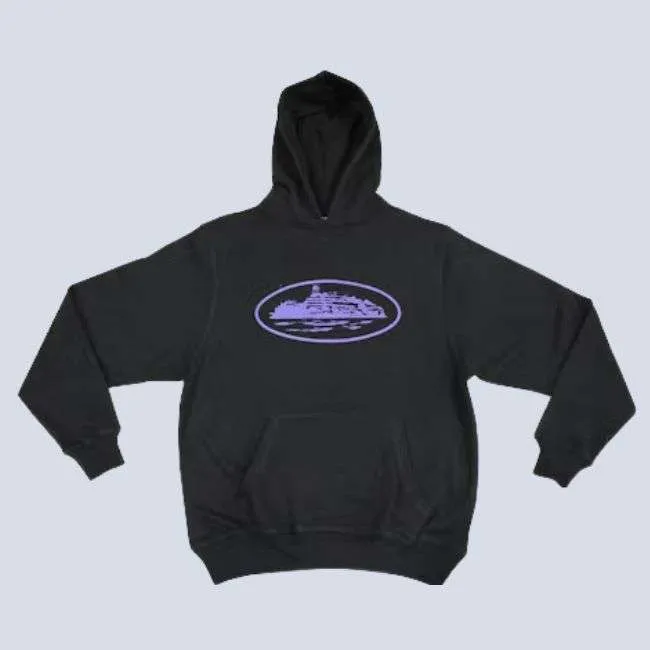In a world where social responsibility and environmental awareness are increasingly valued, the keyword “sustainable business practices” has gone viral across business forums, social media, and startup ecosystems. Entrepreneurs, investors, and even consumers are placing growing importance on sustainability—not just as an ethical choice, but as a competitive advantage.
As this movement gains momentum globally, it’s reshaping how businesses operate, attract customers, and secure long-term growth.
This article explores why sustainable business practices have become a viral concept and how they are changing the future of commerce.
The Shift Toward Conscious Consumerism business practices
Today’s consumers are more informed and value-driven than ever before. They care about where products come from, how they are made, and the impact companies have on the environment and society. This has led to a sharp rise in conscious consumerism, where people actively choose brands that align with their personal values.
Businesses that demonstrate sustainability in their operations—whether through eco-friendly packaging, ethical sourcing, or energy-efficient production—are gaining customer loyalty and positive brand recognition. As a result, sustainability has evolved from a niche idea into a viral keyword across the business world.

Startups Leading the Sustainability Wave
Interestingly, it is not just large corporations driving this movement.bitlife mod apk Startups are at the forefront of integrating sustainable practices into their business models from day one. With flexible structures and innovation-driven cultures, startups can implement sustainability in unique and efficient ways.
For instance, many new fashion brands are using recycled materials, tech startups are developing carbon tracking tools, and food startups are focusing on plant-based alternatives. These ventures aren’t just gaining attention—they’re attracting funding and winning over consumers.
Why Investors Are Focusing on Sustainable Businesses
The surge in interest around Environmental, Social, and Governance (ESG) investing is another reason sustainability has become a viral keyword. Institutional investors, venture capitalists, and even individual backers are increasingly prioritizing businesses that show environmental responsibility and ethical leadership.
Research shows that companies with strong ESG practices often outperform competitors in the long run. Investors recognize that sustainable businesses are better equipped to handle regulatory changes, reputational risks, and evolving market demands. This financial incentive is driving more businesses to adopt sustainable models as a means of improving valuation and investor appeal.
Sustainability as a Marketing Strategy
Sustainability isn’t just a business practice—it’s become a powerful marketing tool. Companies are using green certifications, carbon-neutral badges, and social impact stories as key parts of their branding. This storytelling aspect helps businesses emotionally connect with their audiences while reinforcing their commitment to doing good.
Social media has amplified this trend. Brands that showcase transparency in their sustainable journey—such as behind-the-scenes production videos or community engagement initiatives—are gaining attention, shares, and loyalty from their bitlife followers.
Regulatory Pressure and Government Support
Another driver behind the virality of sustainable business practices is government regulation. Countries worldwide are adopting laws that require businesses to disclose environmental impact, reduce carbon emissions, or meet sustainability criteria in supply chains.
At the same time, many governments are offering incentives to support green innovation, such as tax breaks, subsidies, and grants. This blend of regulation and encouragement is pushing more companies—especially startups and small businesses—to embed sustainability into their core strategy.
Technology and Innovation Enabling Sustainability
Advancements in technology have made it easier than ever for businesses to monitor and reduce their environmental impact. Cloud computing, data analytics, and artificial intelligence can track energy usage, waste levels, and resource efficiency. These insights help businesses make smarter decisions that benefit both the environment and their bottom line.
For example, logistics companies are using AI to optimize delivery routes and reduce fuel consumption. Manufacturers are leveraging 3D printing to minimize material waste. These tech-driven solutions not only support sustainability goals but also increase operational efficiency.
Challenges Businesses Face in Going Green
Despite its benefits, adopting sustainable business practices isn’t without challenges. Cost is a major barrier for many small businesses. Switching to eco-friendly materials, sustainable suppliers, or clean energy can require upfront investment.
Additionally, navigating green certifications or compliance requirements can be time-consuming. There’s also the risk of greenwashing—when businesses exaggerate or falsely claim their practices are sustainable—which can damage trust and credibility if exposed.
That said, with growing awareness and available resources, more companies are finding creative and scalable ways to incorporate sustainability.
Conclusion
“Sustainable business practices” have gone viral for all the right reasons. They represent a shift toward purpose-driven entrepreneurship, smarter operations, and global responsibility. From startups to multinational corporations, businesses across industries are recognizing that success today requires more than just profit—it requires impact.
By adopting sustainability as a core principle rather than an afterthought, businesses can not only stay relevant in an ever-changing market but also lead the way to a better future. The viral rise of this keyword is not a fleeting trend—it’s a reflection of a fundamental transformation in how we define success in business.











Leave a Reply